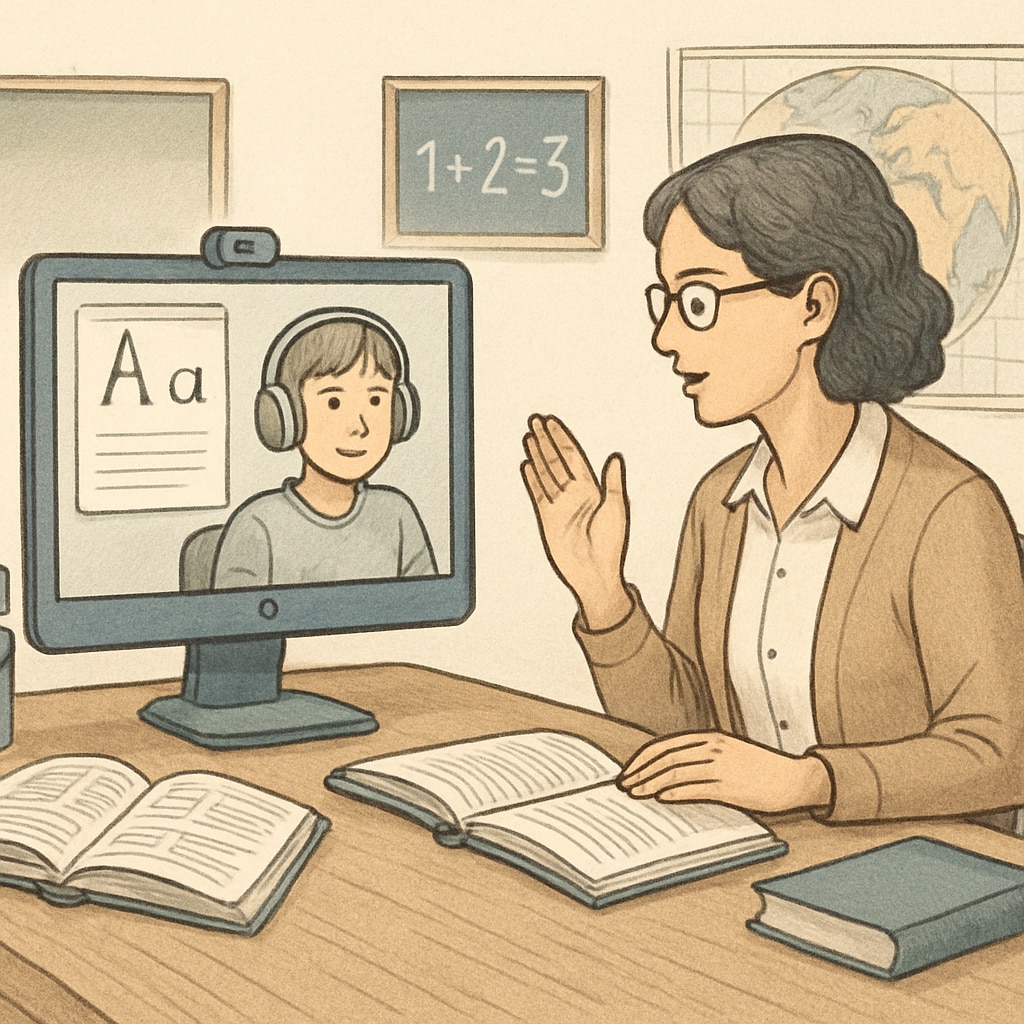With the rapid evolution of educational methods, “online public schools” have become a compelling option for many families. Parents are increasingly evaluating their children’s education through the lens of flexibility, individual needs, and the changing landscape of learning technologies. But why are so many parents gravitating toward this mode of education? From personalized learning experiences to maintaining a work-life balance, this article delves into the multi-faceted reasons behind this growing trend.
Flexibility as the Cornerstone of Online Public Schools
One of the most significant advantages of online public schools is the flexibility they offer. Traditional brick-and-mortar schools operate on strict schedules, which can sometimes clash with family routines or specific student needs. Online public schools allow families to tailor their schedules, ensuring that students can learn at their own pace and during their most productive hours.
For example, a student with extracurricular commitments, such as competitive sports or music, may find it challenging to meet the rigid timelines of a traditional school. Online public schools eliminate this issue, enabling students to balance their passions with academic success.

Personalized Learning: Catering to Individual Needs
Another critical factor influencing parents’ decision to choose online public schools is the opportunity for personalized learning. Unlike traditional classrooms, where teachers often manage large groups of students with varying abilities, online platforms can cater to individual learning styles and paces. This customization ensures that students who need extra support receive it, while advanced learners can progress without being held back by the class average.
In addition, many online public schools use data-driven approaches to monitor a student’s progress. By analyzing performance metrics, educators can identify areas of improvement and adjust the curriculum accordingly. This level of personalization fosters not only academic achievement but also builds confidence in students.

Maintaining Family Balance and Lifestyle Preferences
For many families, the choice of online public schools is rooted in a desire to maintain a harmonious family life. Parents who work remotely or travel frequently often find it challenging to adhere to the strict schedules of traditional schools. Online education aligns with their lifestyle, allowing them to spend more time together as a family while ensuring that their children’s education remains uninterrupted.
Moreover, online public schools offer an inclusive environment for families who may face unique challenges. For instance, children with chronic illnesses or disabilities can learn comfortably from home, avoiding the physical and emotional strain of attending a conventional school. Similarly, families in rural or underserved areas can access quality education without relocating.
Cost-Effectiveness Compared to Private Alternatives
While private online schools exist, they often come with hefty tuition fees. Online public schools, on the other hand, provide a cost-effective solution, as they are funded by the state and free for students to attend. This financial accessibility allows parents to focus their resources on other educational tools or extracurricular activities that enhance their child’s overall development.
Additionally, many online public schools supply free learning materials, such as textbooks and software, reducing the financial burden even further. For families seeking quality education without the high costs associated with private institutions, this option is particularly appealing.
The Role of Technology in Shaping the Future of Education
Technology plays a pivotal role in the success of online public schools. Modern platforms offer interactive lessons, virtual labs, and collaborative tools that mimic the classroom experience while providing additional benefits. For example, students can revisit recorded lectures to reinforce their understanding or participate in virtual discussions that encourage critical thinking.
This integration of technology not only enhances academic outcomes but also equips students with essential digital skills. In an increasingly tech-driven world, familiarity with online tools prepares students for future career success, making online public schools a forward-thinking choice.
In Conclusion: The rise of online public schools reflects a broader shift in how parents approach education. By prioritizing flexibility, personalization, and accessibility, these schools address the diverse needs of modern families. As technology continues to evolve, online education is likely to play an even more significant role in shaping the future of learning.
For more insights into how online education is transforming traditional schooling, explore resources like Wikipedia’s Overview on Online Schools or Britannica’s Guide to Online Education.


